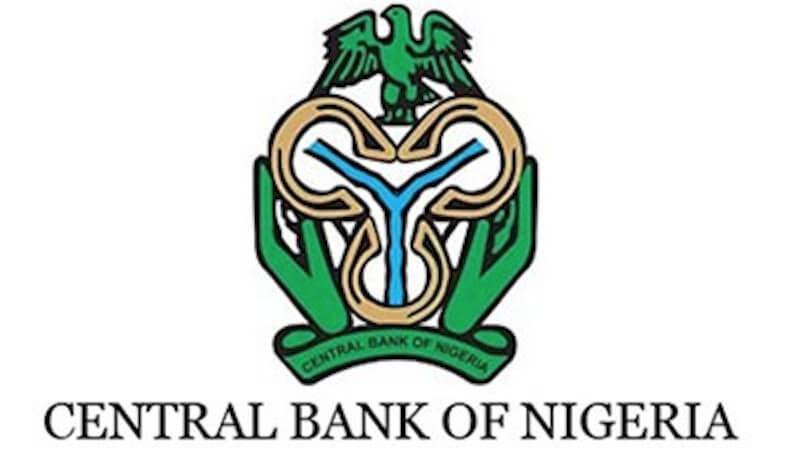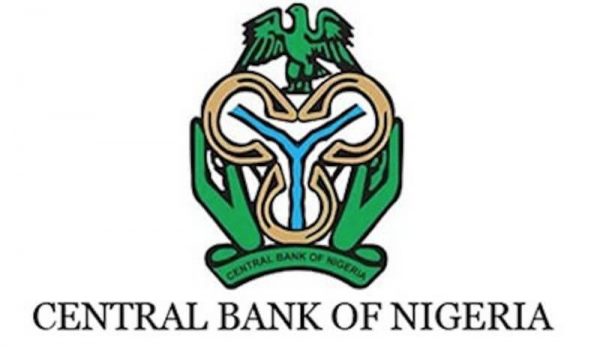The Central Bank has announced that it will be imposing charges on deposits and withdrawals made from bank accounts in Nigeria. It says the new fees come into effect starting September 18.
Details of the policy were disclosed in a circular issued by the apex bank on Tuesday. In it, the Director, Payments System Management, Sam Okojere, explained that 3% fees will now be paid on withdrawals and 2% on deposits of cash of over ₦500,000 for bank accounts held by individuals.
Businesses will also be charged 5% processing fees on withdrawals and 3% on deposits of over ₦3 million where such transactions have been carried out on corporate accounts.
These charges are being implemented in seven states: Abia, Anambra, Kano, Lagos, Ogun, Rivers, and the Federal Capital Territory. They will be collected in addition to already existing fees levied on bank transactions.
The processing fees will come into effect in other states by March 31, 2020.
According to the CBN, the new charges are being enforced in line with its cashless policy. First tested out in 2012, the cashless policy is aimed at modernizing Nigeria’s payments system and reducing its citizens’ dependence on cash for daily transactions.
Why Has the CBN Introduced the New Charges?
While a reduction in the use of hard currency might be a desirable thing in the CBN’s books, it’s not immediately clear why the apex bank has opted to reintroduce the latest charges on cash transactions at this time. The abrupt nature of the announcement suggests some degree of urgency on the part of the authorities in charge.
The new fees are being brought in at about the same time as a number of other tax hikes and charges have been announced. Just this month, the Federal Executive Council (FEC) approved an upward review of Value Added Tax (VAT), from 5% to 7.5%. There has also been talk of a tax on online retail purchases.
Analysts say these events are not unconnected. The government appears to be intensifying its revenue collection drive, in order to shore up its finances. It has growing debts which it has to service, and an increased annual wage bill due to the new minimum wage. Although it had been working on boosting its revenues in the past few years, recent realities may have forced it to speed up its move in this direction.
Complaints About the Timing of the New Fees
Many have questioned the wisdom of introducing the charges on withdrawal and deposits at this time. They have opined that it may prove counterproductive, by discouraging the unbanked from embracing the country’s formal financial system.
It has also been claimed that the charges could make things a bit more difficult for people already struggling with a difficult economic situation.
In reality, the government will be hoping that Nigerians have a high enough level of tolerance for the fees and tax hikes. This will have to be the case if they are to generate more revenue from the country’s citizens.
Featured image: CBN Logo


